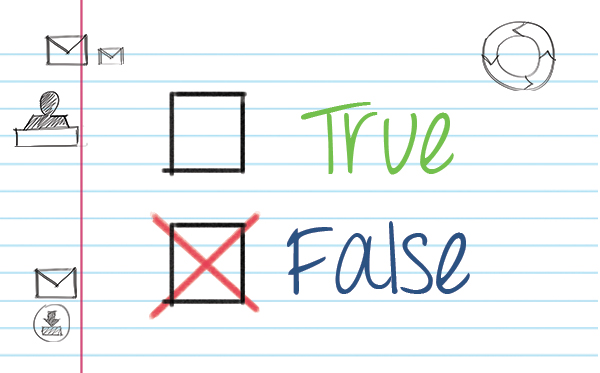There are countless benefits with the implementation of a marketing automation platform. It can save you time and money while making it easier to nurture leads or build customer profiles, for instance. However, the abundance of buzz surrounding any popular topic brings forth many misconceptions as well. Before you purchase a platform, a few marketing automation misconceptions should be cleared up to avoid inaccurate expectations.
1.) Marketing automation is too difficult to learn and requires tech-savvy people to run it. It’s really no different than learning to ride a bike. Will you fall down a couple times? Yes, but with persistence and practice, you eventually discover what helps you balance. You can take off the training wheels and enter a new level of competition, leaving the kids on their tricycles behind. According to the Lenskold Group, 63% of companies that are outgrowing their competitors use marketing automation. Marketing automation can be a complex platform, but with proper training, dedication, and effort, new or old employees have the capability to learn the platform.
2.) Marketing automation is impersonal. Marketing automation has the ability to automate your email messages; it does not write the content or message for you. The level of personalization comes from that of the marketer. Beyond the written message, marketing automation actually opens up more doors that lead to greater personalization. For instance, the ability to see what pages of a website a prospect was on, as well as their length of time visited gives you insight into what it is they are interested in. Rather than sending an email about general product information, you could instead send a product coupon for the yellow blouse they were just viewing on your merchandise page.
3.) Marketing automation is self-sufficient. Many interpret the ‘automation’ aspect as something that can be set up and left alone, requiring no human to oversee the carry out of campaign functions. According to the Annuitas Group, 64% of CMOs have either an informal or no process to manage their marketing automation. You can’t expect to increase revenue or pull qualified leads out of thin air; you must still put in adequate time, planning, and hard work. Those who are experiencing the benefits of marketing automation are engaging on multiple platforms and producing relevant content while promoting and analyzing its data.
4.) Marketing automation makes bad marketing better. Adopting a marketing automation platform will by no means be a solution for poor marketing. It’s like a burnt batch of cookies. You can load on all the frosting you want, but it’s only a temporary fix before the burnt, dry aftertaste takes hold. Marketing automation does not improve quality of your marketing, it improves efficiency of your marketing. Great marketing teams will get better, and not great marketing teams will go in the opposite direction.
5.) Marketing automation produces effortless and immediate results. Focus Research found that 75% of companies using marketing automation see ROI within 12 months. The result of your hard work may not be immediately obvious. It’s important to set goals so that as you progress, you possess the ability to measure your results. Although, marking automation may automate some aspects of your marketing processes, it does not make everything effortless. You are still responsible for maintaining and generating content to promote.
Before you adopt a platform, it’s important to understand what marketing automation can and cannot do. You can read about as many marketing automation benefits as you’d like, but the only way to experience success is to have goals and a plan in place. In the end, hard work and time will deliver the desired results.

